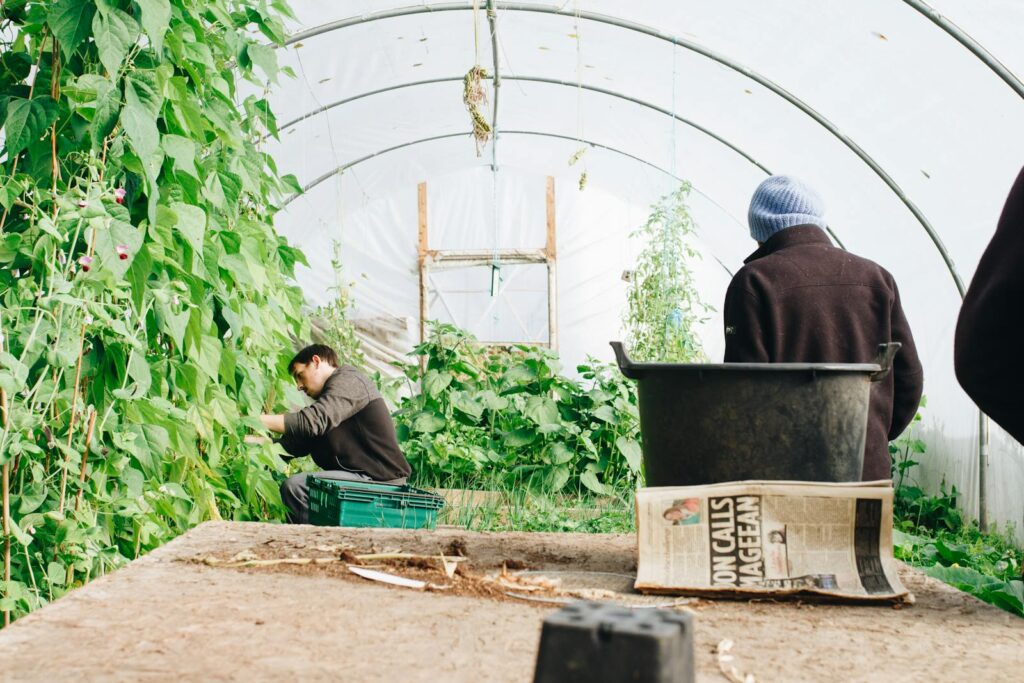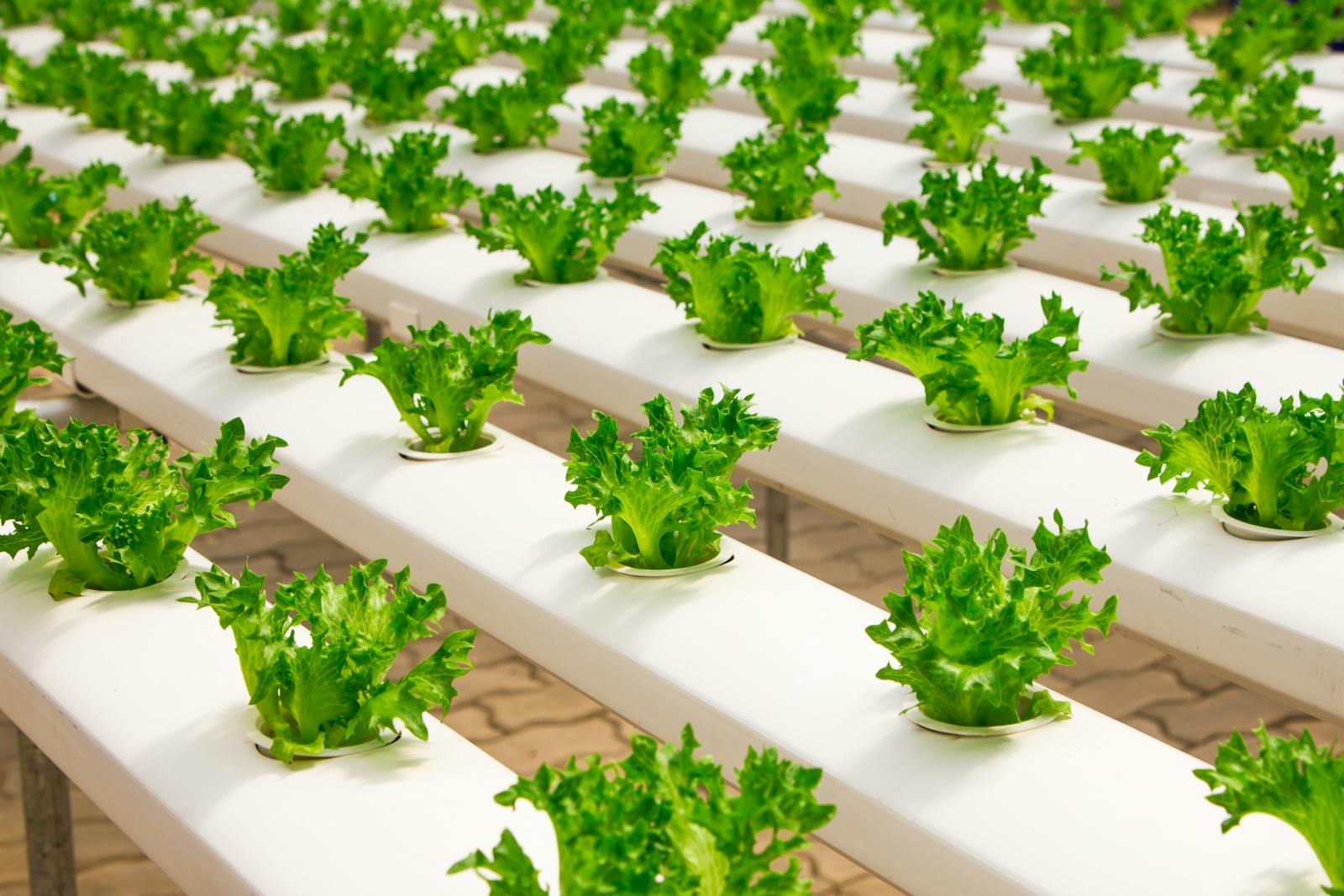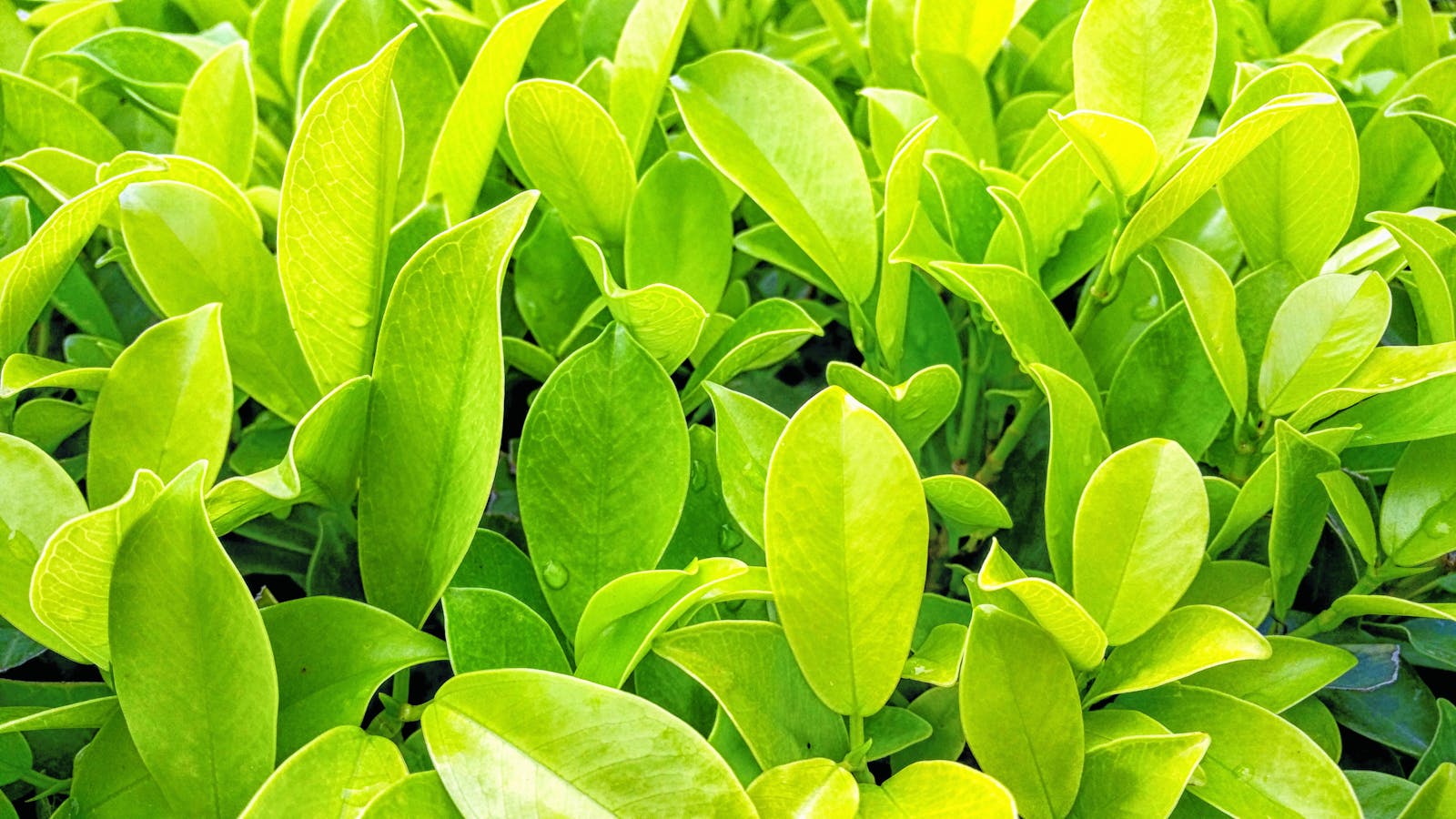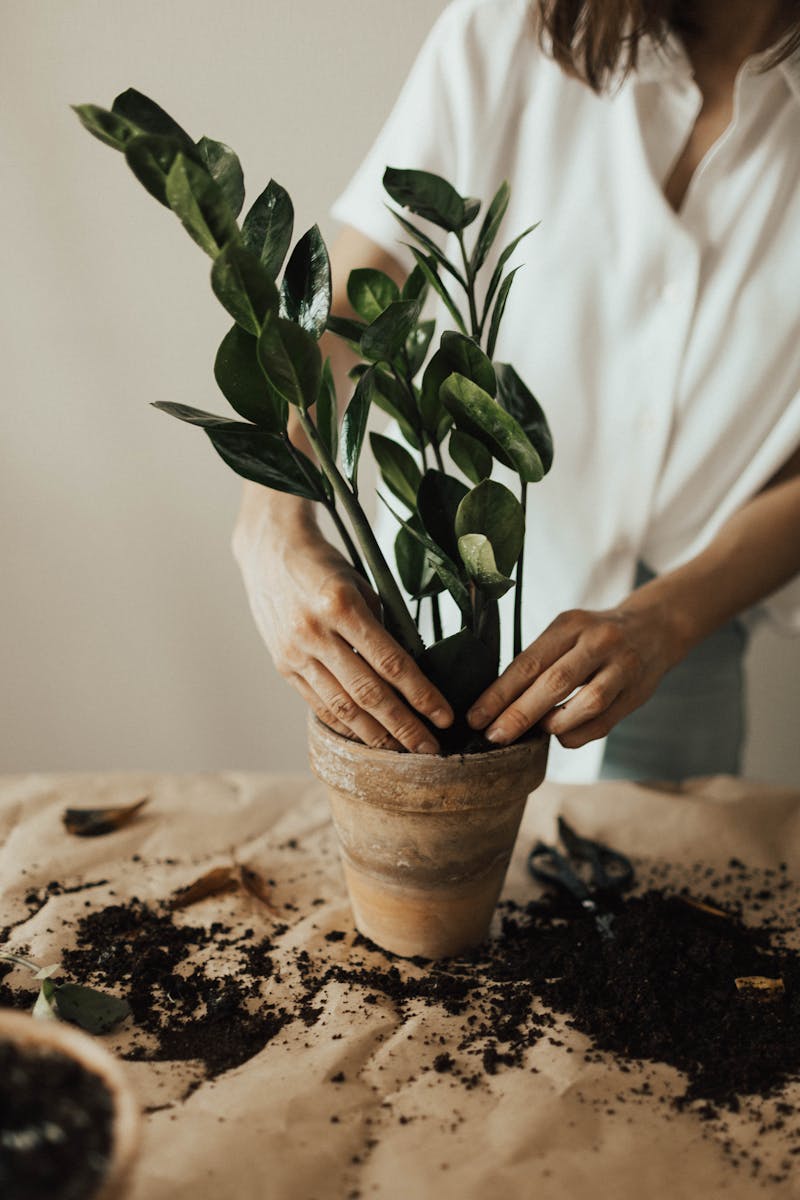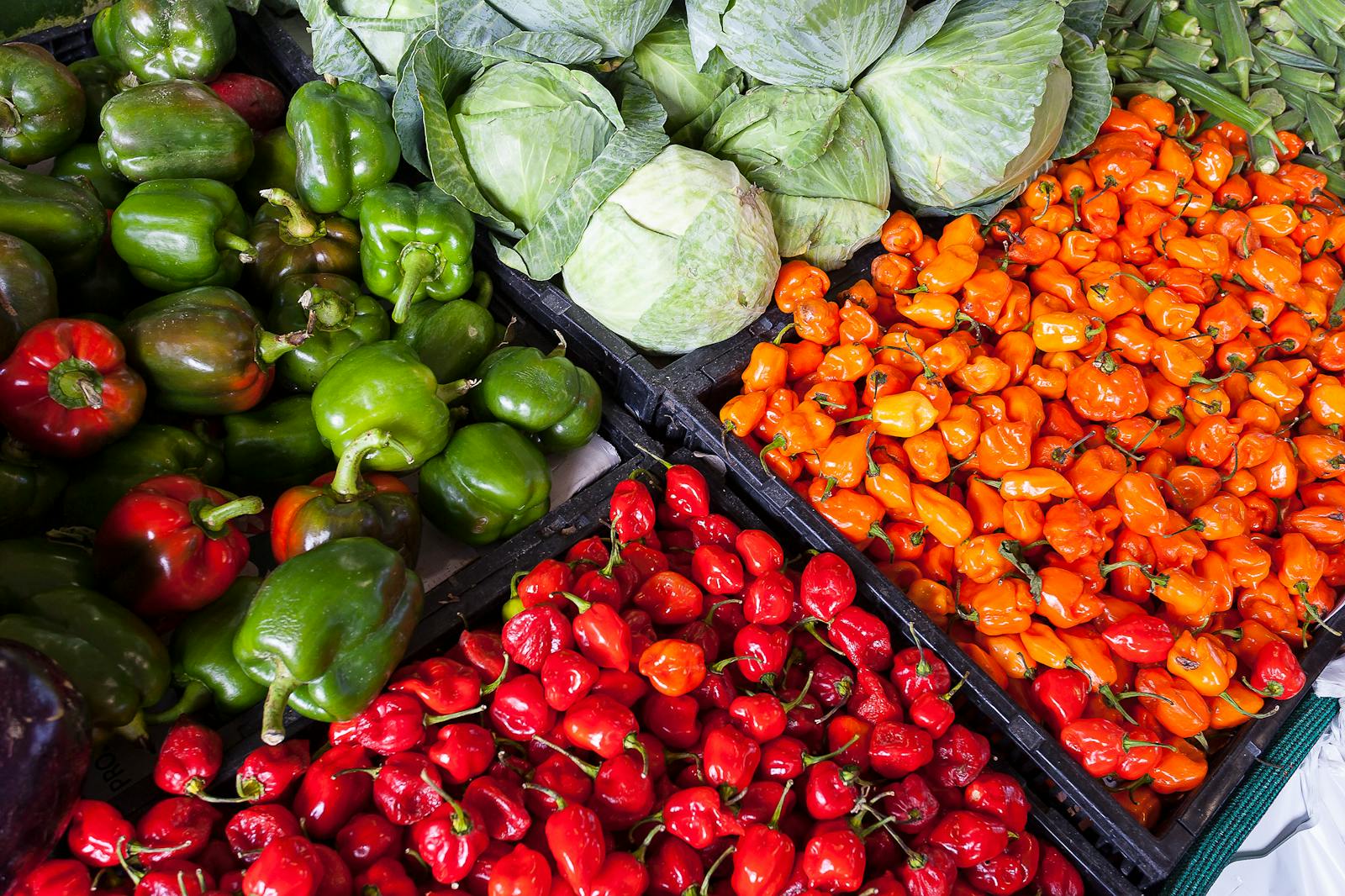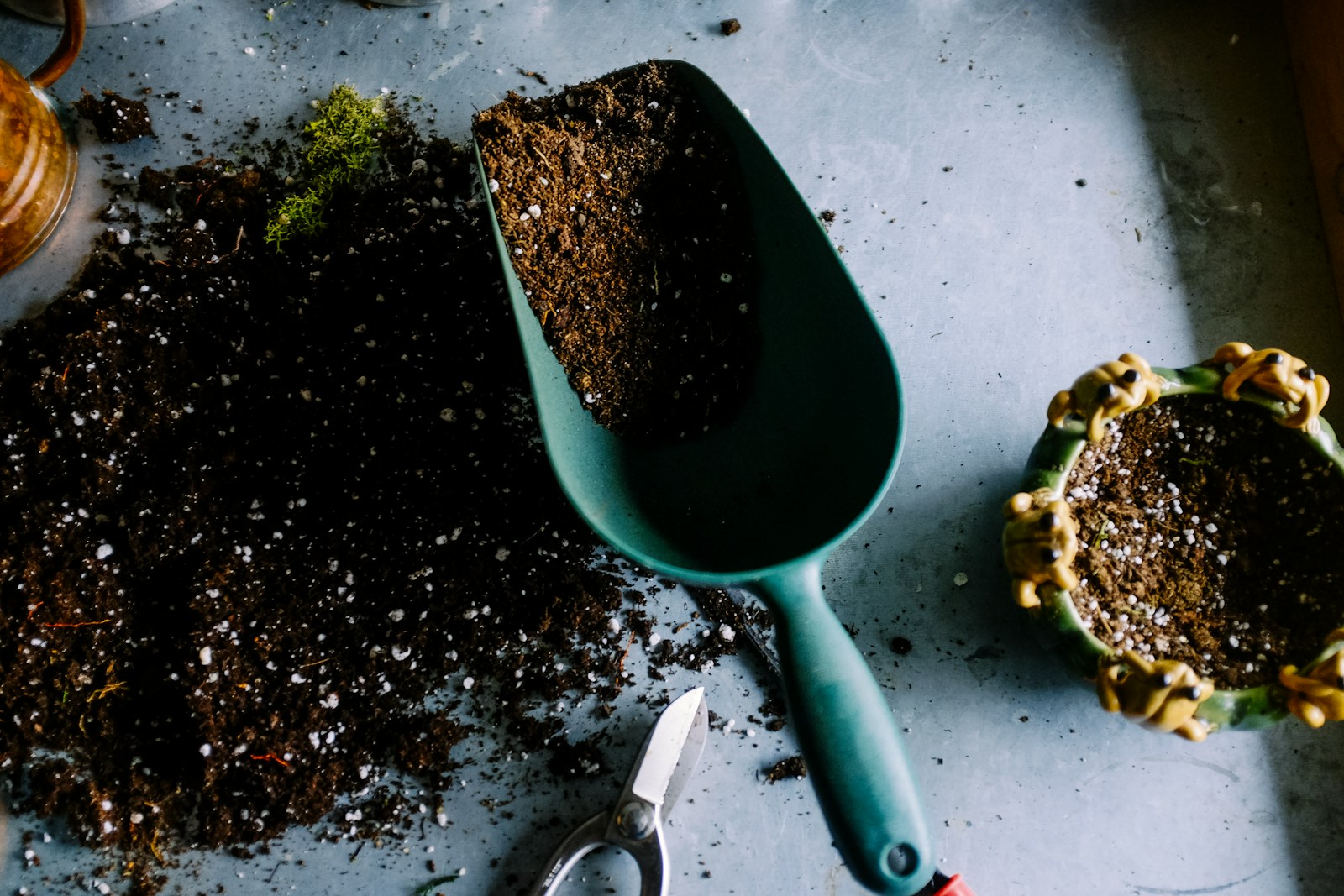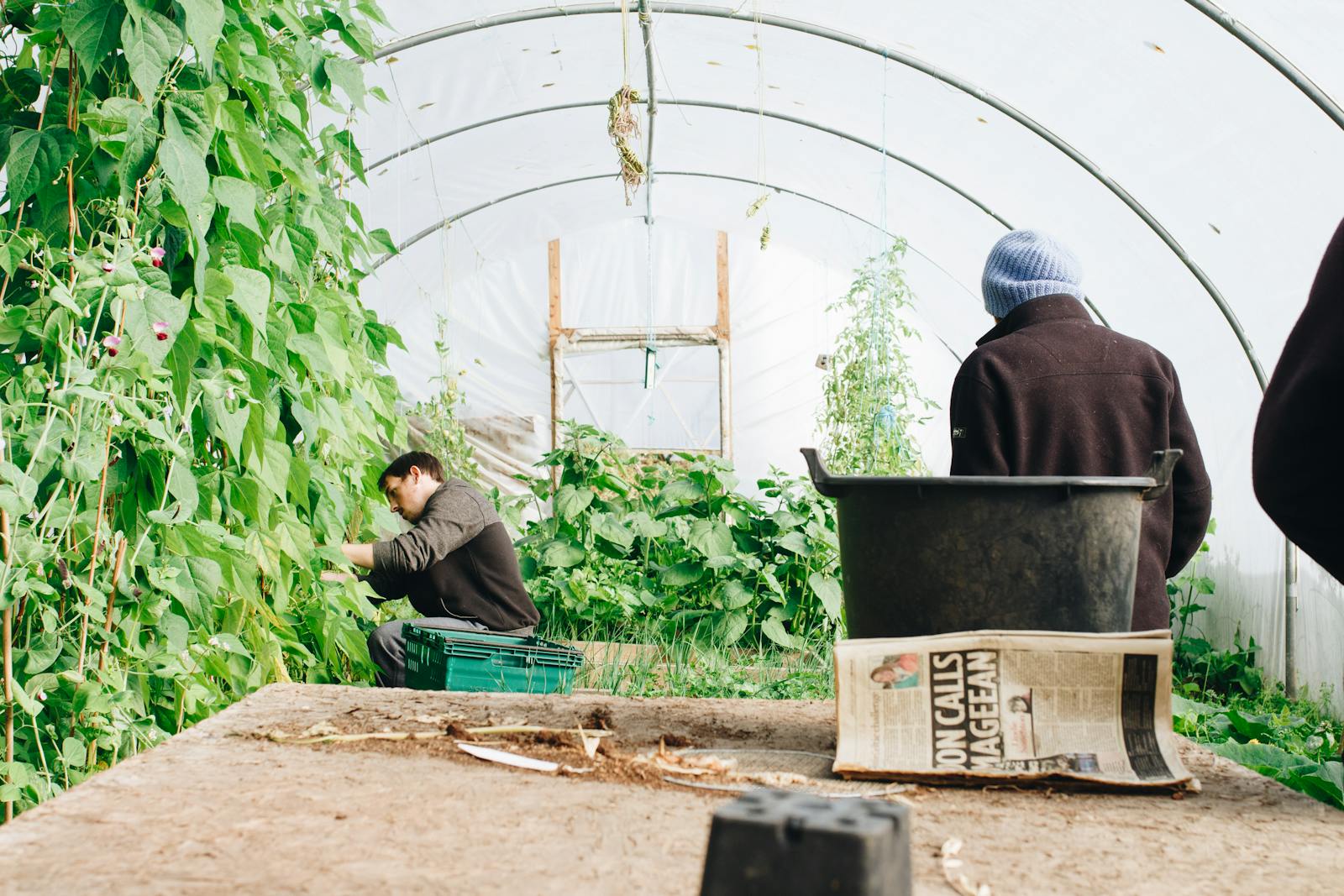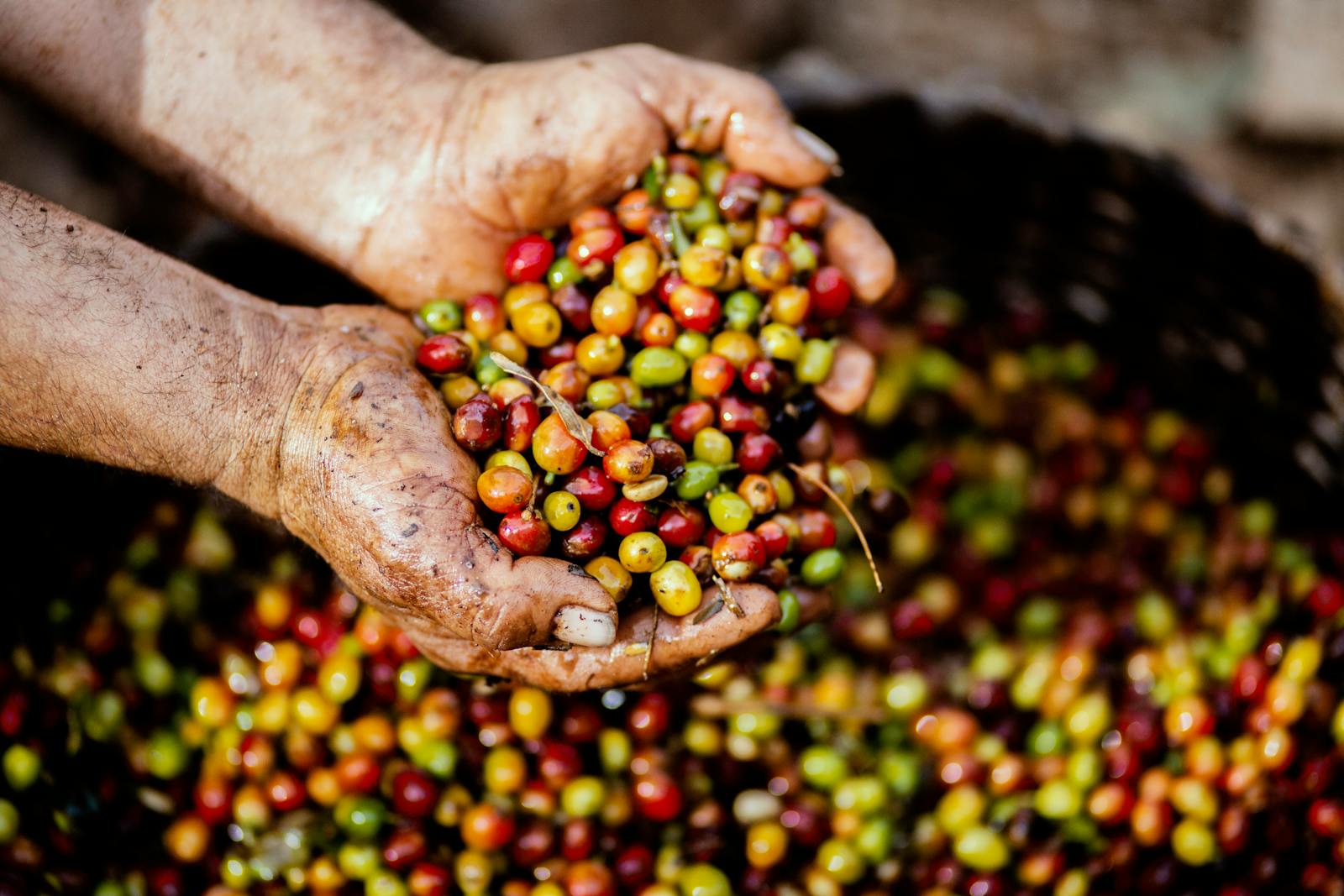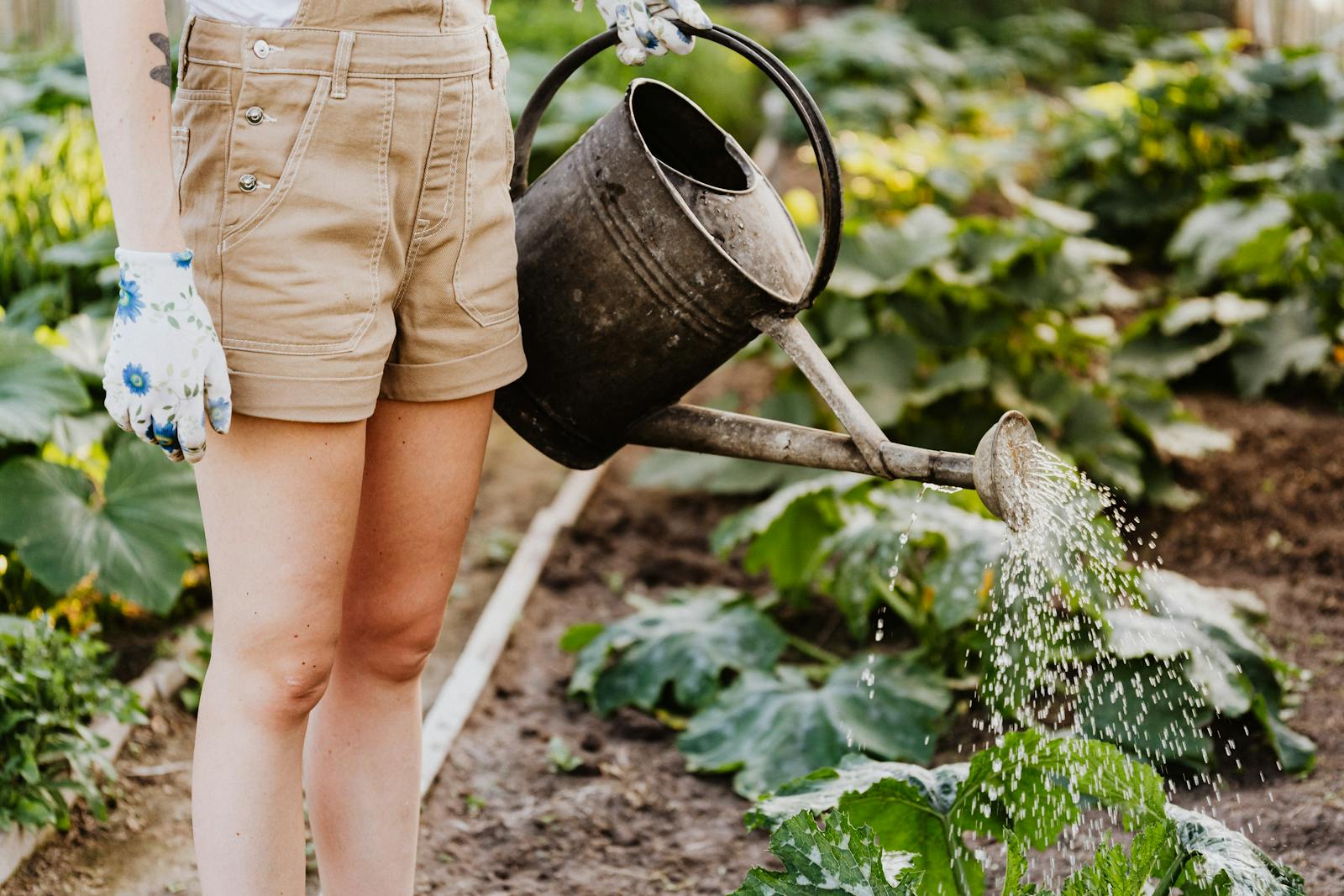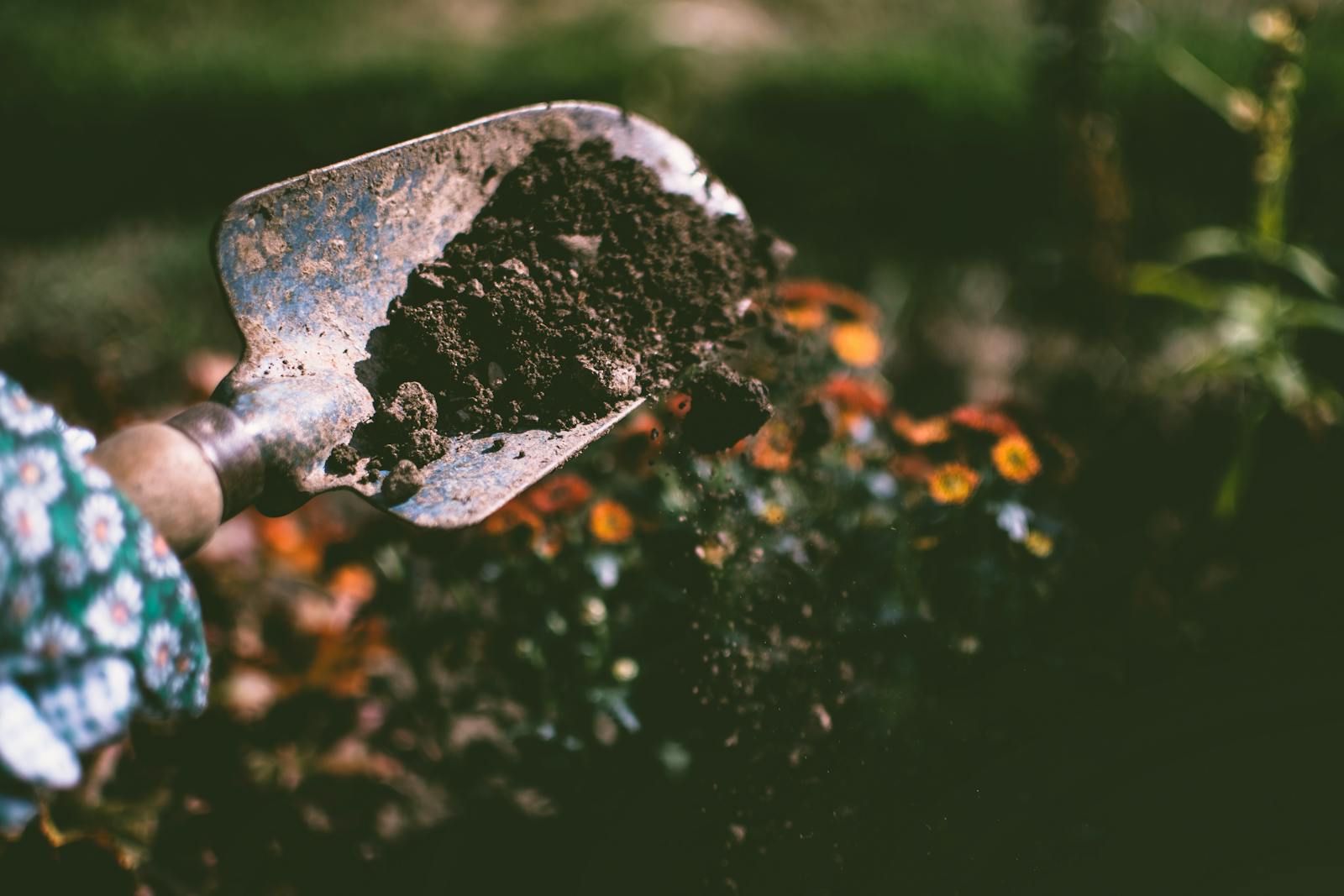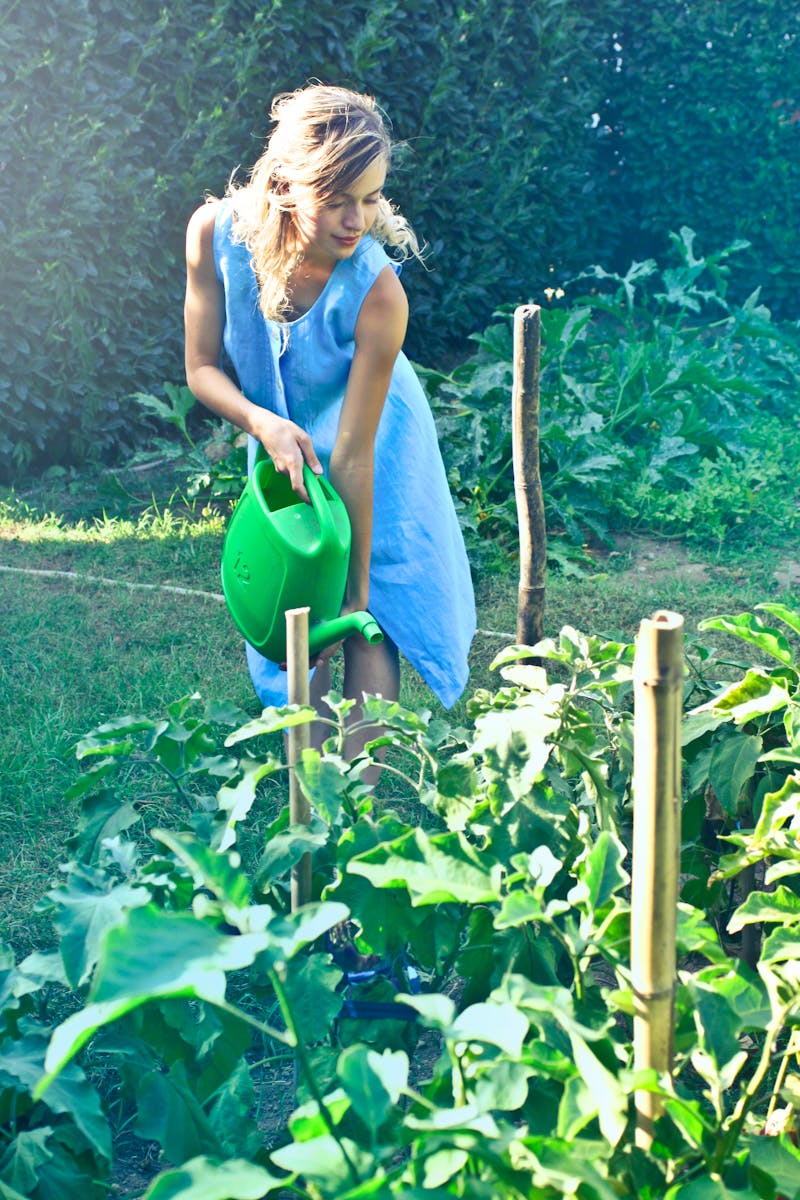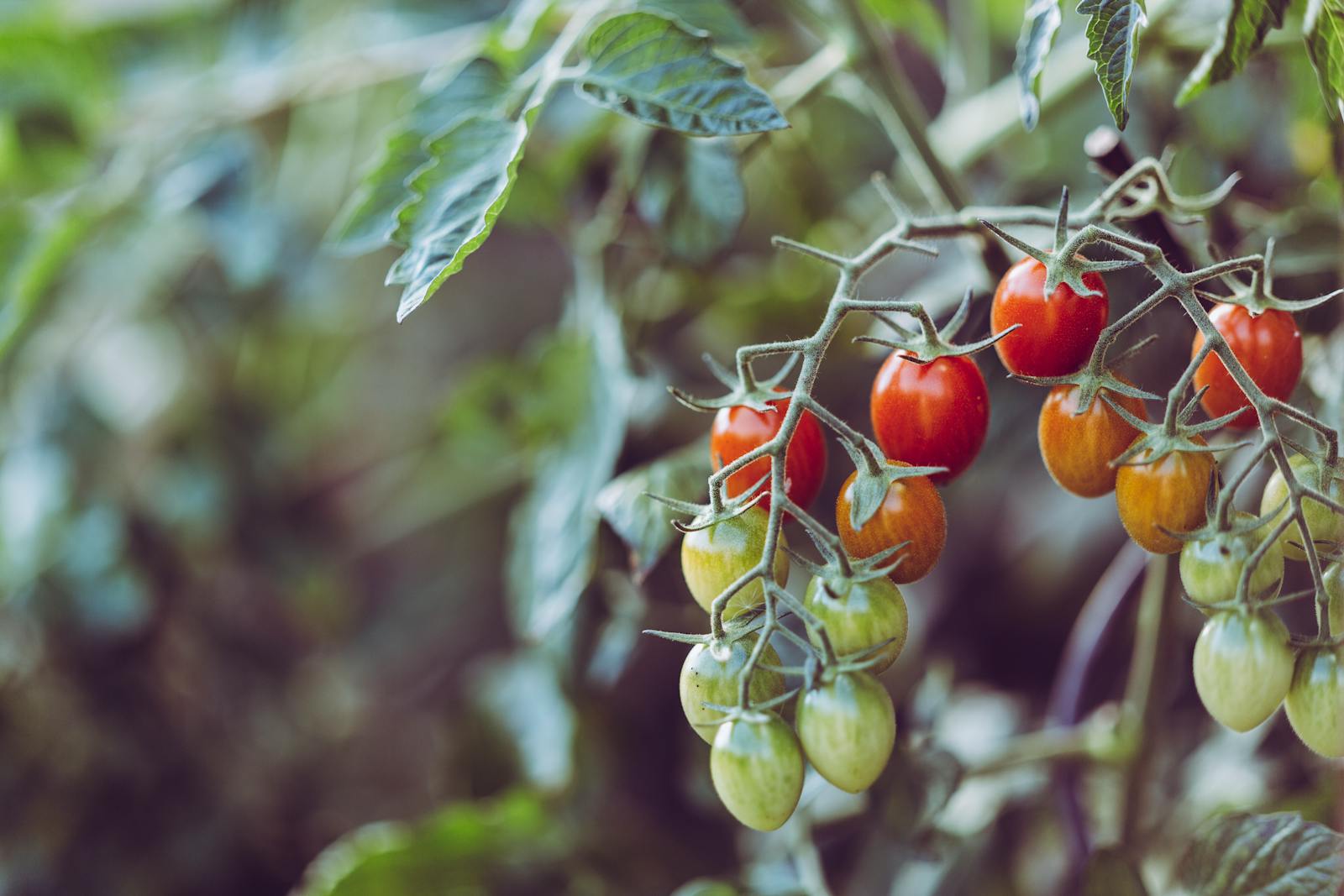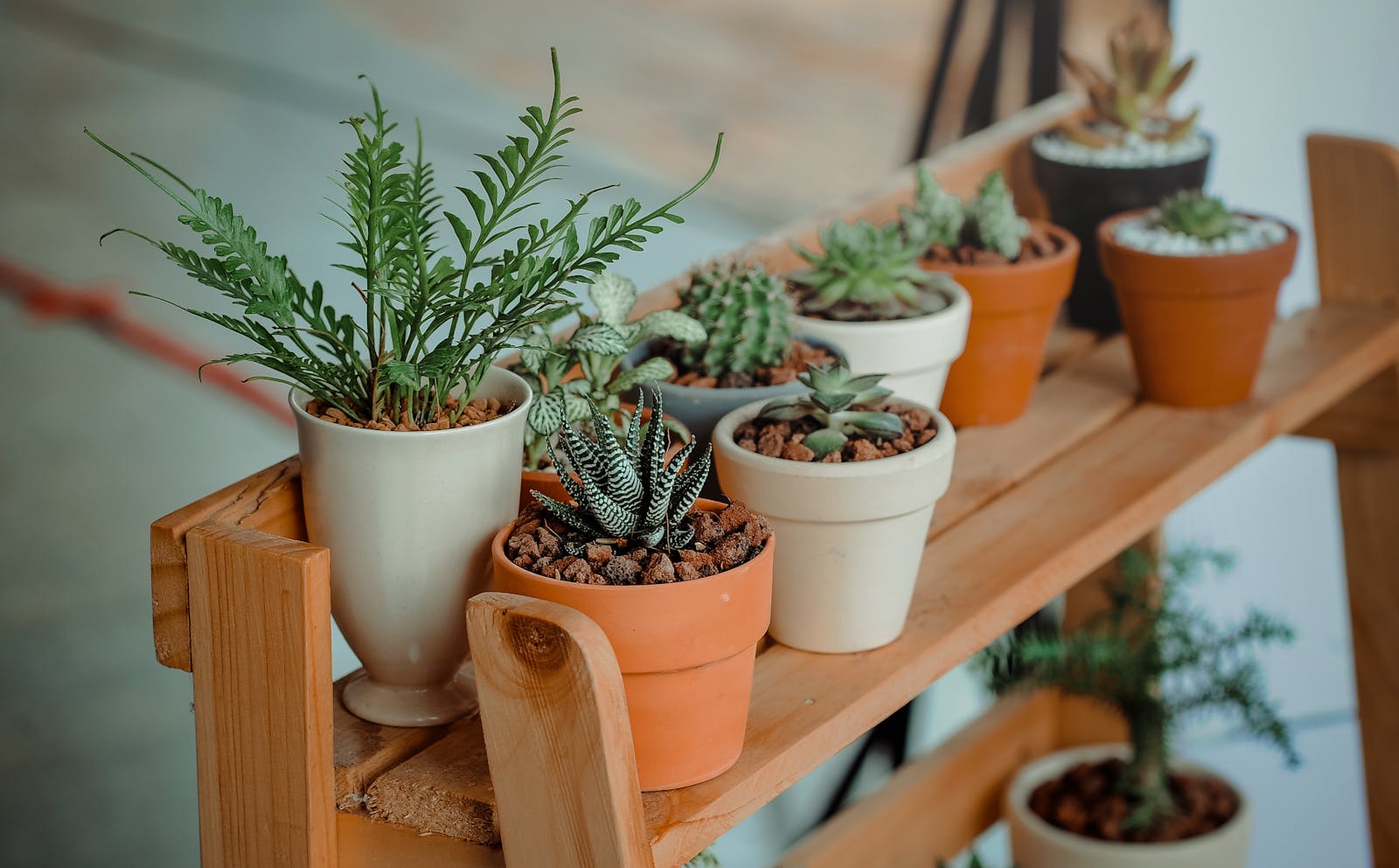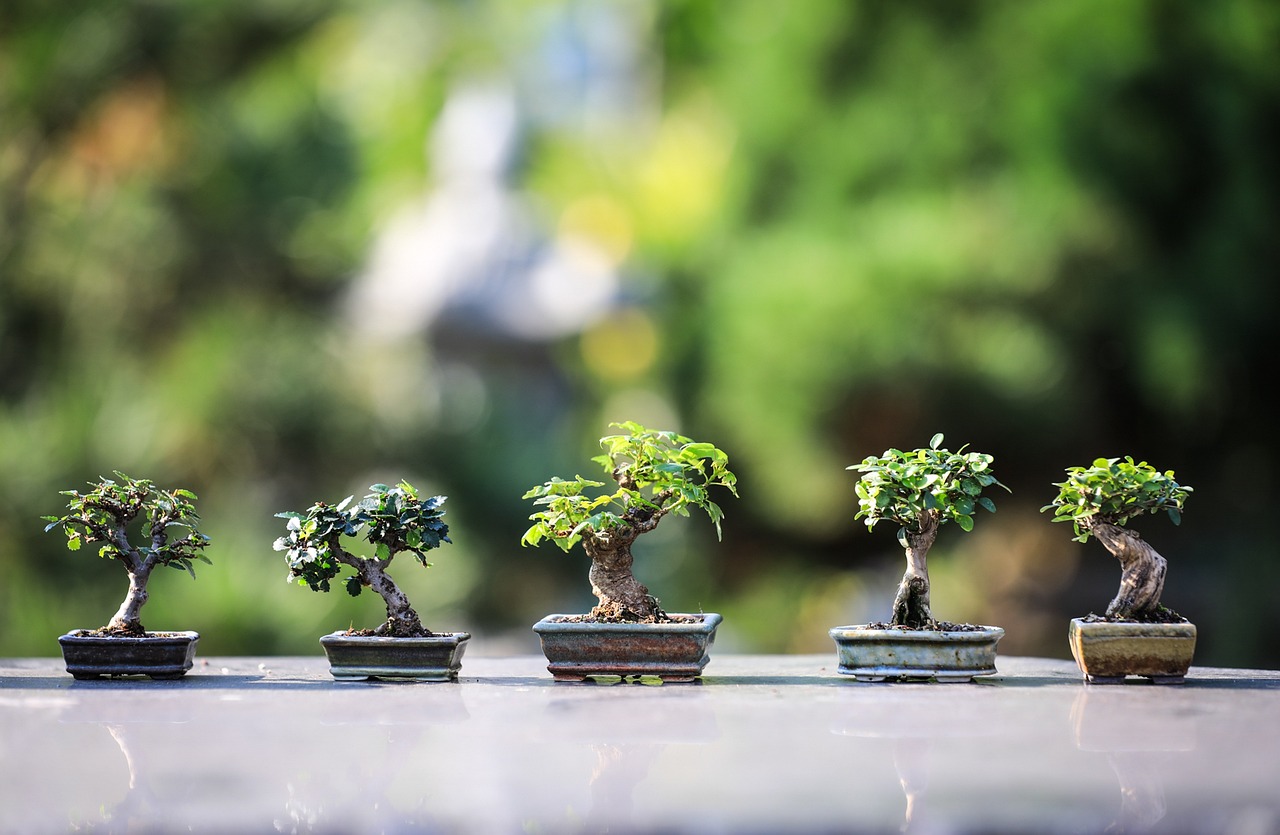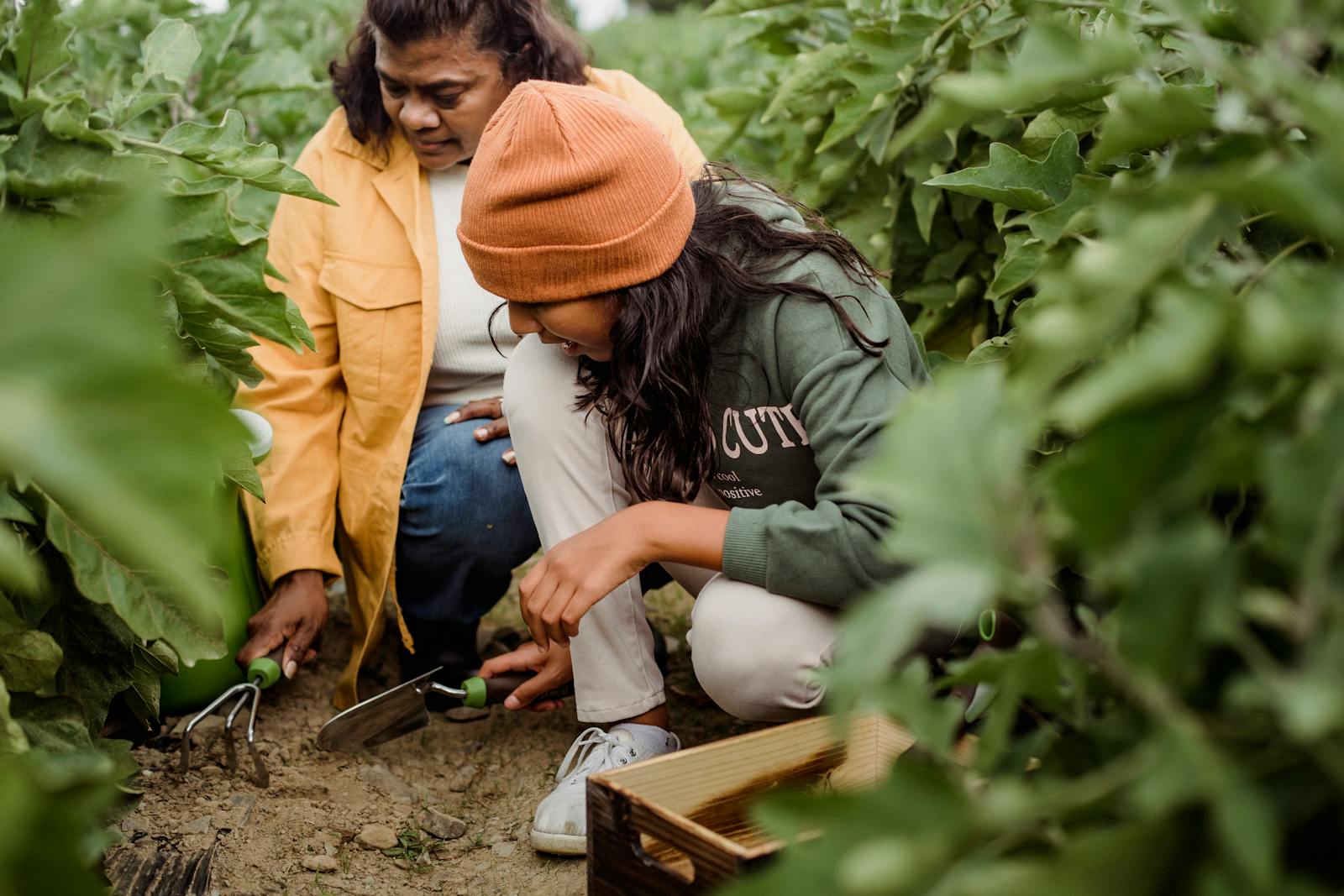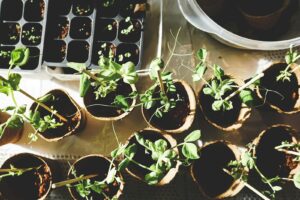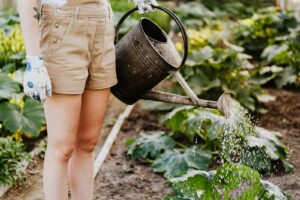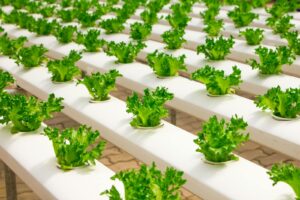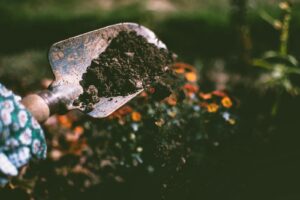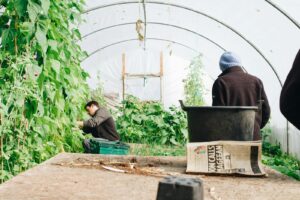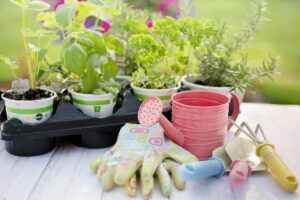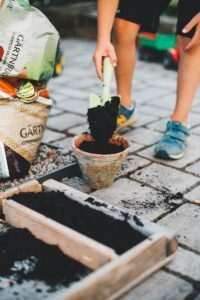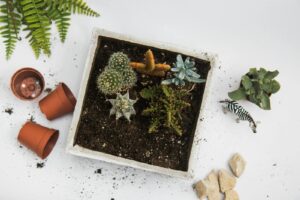Introduction
Using organic matter in your garden is one of the best ways to improve soil quality and promote healthy plant growth. Organic matter, when properly incorporated, can help create a thriving, sustainable garden ecosystem. It enriches the soil by adding essential nutrients, improving moisture retention, enhancing soil structure, and supporting a healthy population of beneficial soil organisms. In this article, we’ll explore the best ways to use organic matter in your garden for optimal results.
1. What Is Organic Matter and Why Is It Important?
Organic matter consists of decomposed plant and animal materials, such as compost, mulch, cover crops, and manure. It plays a vital role in the health of your garden soil by providing a steady supply of nutrients, improving soil texture, and encouraging the growth of beneficial microorganisms. Organic matter helps:
- Improve Soil Structure: It breaks up compacted soil and helps in sandy soils by improving water retention.
- Enhance Nutrient Availability: Organic matter provides a continuous supply of nutrients that are released slowly as it decomposes.
- Support Beneficial Microbes: It encourages the growth of microorganisms like bacteria and fungi that play a key role in breaking down organic materials and cycling nutrients.
2. Types of Organic Matter to Use in Your Garden
There are several types of organic matter that you can use to enrich your garden soil. Each type has its own unique benefits and uses. Here are some of the most common sources:
- Compost: One of the best sources of organic matter, compost is made from decomposed plant and food waste. It’s nutrient-rich and can be added to most garden beds. You can purchase compost or make your own at home by composting yard waste, kitchen scraps, and plant trimmings.How to Use: Add a 2-3 inch layer of compost to your soil and mix it in to a depth of 3-4 inches. You can also use compost as a mulch around plants to improve moisture retention.
- Manure: Well-composted animal manure from cows, chickens, or horses is an excellent source of organic matter. Manure adds essential nutrients to the soil, such as nitrogen, phosphorus, and potassium.How to Use: Apply a 1-2 inch layer of composted manure to your garden and mix it into the top 3-4 inches of soil. Be sure to compost manure before use to avoid burning plants.
- Mulch: Organic mulches, such as straw, grass clippings, wood chips, and shredded leaves, decompose slowly over time and add organic matter to your soil. Mulch also helps retain moisture and suppress weeds.How to Use: Apply a 2-3 inch layer of mulch around plants, taking care not to pile it up against plant stems or trunks. As the mulch breaks down, it will release organic matter into the soil.
- Cover Crops: Growing cover crops like clover, rye, and beans helps improve soil fertility and adds organic matter. When tilled into the soil at the end of the growing season, they decompose and enrich the soil with nutrients.How to Use: Grow cover crops in the off-season or between harvests. Once they’ve matured, cut them down and till them into the soil to add organic matter.
3. How to Incorporate Organic Matter into Your Garden
Adding organic matter to your garden is relatively simple, but there are a few important steps to follow for the best results:
- Test Your Soil First: Before adding organic matter, it’s a good idea to test your soil’s pH and nutrient levels. This will help you determine what type of organic matter is best for your garden and how much you need to add.
- Prepare the Soil: Loosen the top few inches of soil using a garden fork, spade, or tiller. This helps organic matter mix well with the soil and ensures good root penetration.
- Spread Organic Matter: Spread a 2-3 inch layer of compost, manure, or mulch over your garden soil. For cover crops, sow the seeds and let them grow for a full season before tilling them under.
- Mix It In: Once you’ve applied organic matter, mix it into the top 3-4 inches of soil. You can use a garden fork, rake, or tiller to do this.
- Water Thoroughly: After adding organic matter, water your garden thoroughly to help the materials settle into the soil and promote decomposition.
4. How Much Organic Matter Should You Add?
The amount of organic matter you add will depend on your garden’s specific needs, but a general guideline is to apply 2-3 inches of organic material annually. Here’s how you can tailor your application:
- Compost: Apply 2-3 inches of compost to your garden bed and work it into the soil to a depth of 3-4 inches.
- Manure: A 1-2 inch layer of composted manure is sufficient for most gardens. Be sure to compost manure for at least six months before use to prevent plant burn.
- Mulch: Apply 2-3 inches of mulch to retain moisture, suppress weeds, and gradually improve soil fertility as it decomposes.
- Cover Crops: Plant cover crops for one full growing season, then till them into the soil at the end of the season.
5. Signs That You Need More Organic Matter
Even after adding organic matter, your garden soil may still need improvement over time. Here are some signs that you might need to add more organic matter:
- Poor Drainage: If your soil drains too quickly or retains too much water, adding organic matter can help improve soil structure and water retention.
- Compact Soil: If the soil is compacted, it will benefit from organic matter, which helps loosen the soil and improve root growth.
- Nutrient Deficiencies: If your plants are showing signs of nutrient deficiencies, such as yellowing leaves, adding organic matter can replenish the soil with essential nutrients.
- Low Microbial Activity: Healthy soil is teeming with beneficial microorganisms. If you notice a lack of earthworms or other signs of microbial life, it may indicate that your soil lacks enough organic matter.
6. Common Mistakes to Avoid When Using Organic Matter
While adding organic matter is beneficial, there are a few mistakes to avoid:
- Over-fertilizing with Manure: Too much manure can lead to nutrient imbalances and may harm plants. Always use composted manure and apply it in moderation.
- Using Fresh Mulch Directly on Plants: Fresh mulch can be too acidic and may deprive soil of nitrogen. Always let it decompose before use or mix it with other materials like compost.
- Not Allowing Decomposition: Organic matter needs to break down before it can be used effectively in your garden. Never add undecomposed organic materials directly to the soil.
- Failing to Mix It In: Simply laying organic matter on top of the soil without mixing it in can limit its effectiveness. Make sure to work it into the top 3-4 inches of soil.
7. Conclusion
Using organic matter in your garden is one of the best ways to improve soil health, increase fertility, and create a sustainable environment for plant growth. By incorporating compost, manure, mulch, and cover crops into your garden, you can ensure that your plants receive the nutrients they need to thrive. With consistent application and care, organic matter will help create the healthiest soil for your garden.
